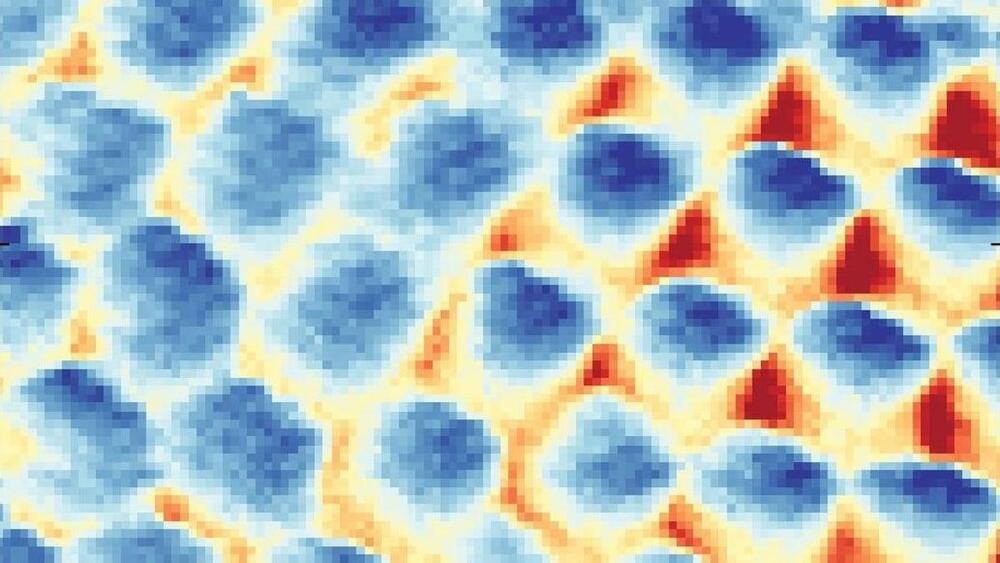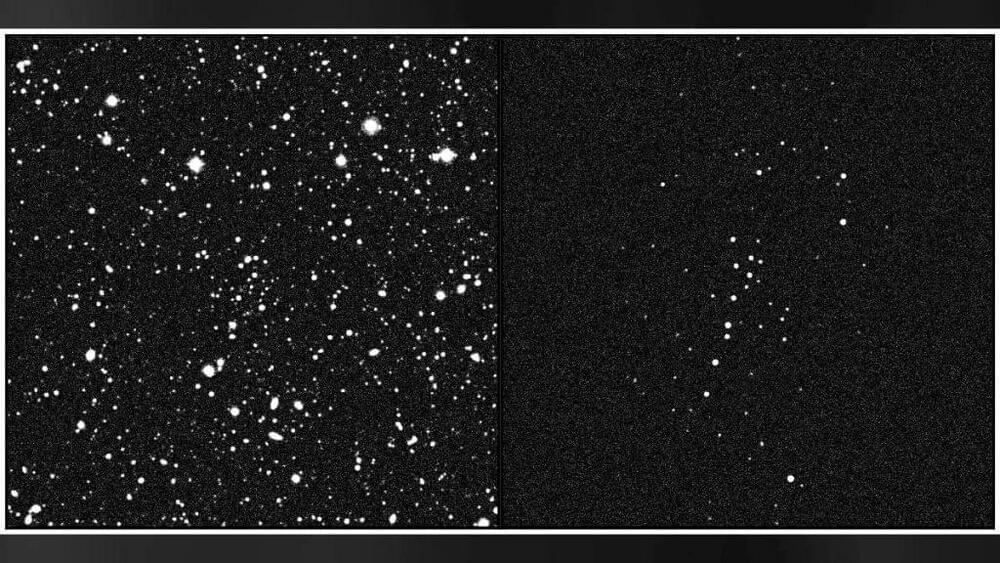A new way of interpreting the elusive mathematics of quantum mechanics could fundamentally change our understanding of reality.


A new way of interpreting the elusive mathematics of quantum mechanics could fundamentally change our understanding of reality.
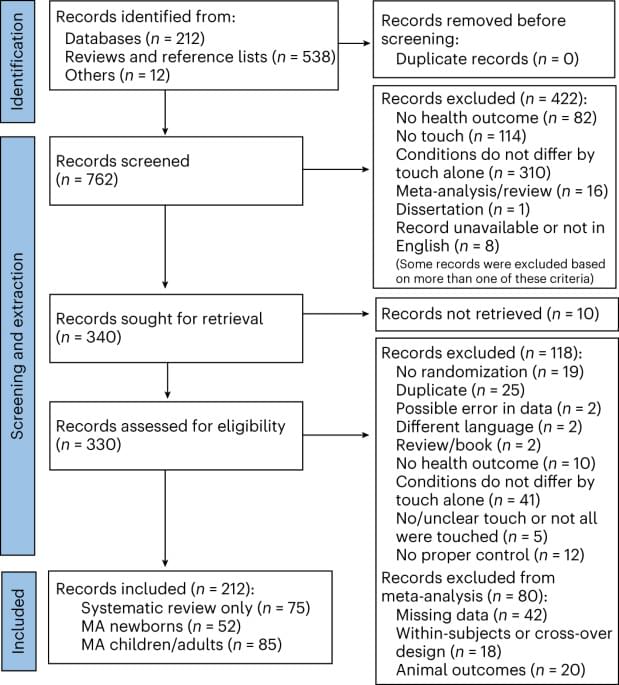
Physical touch from both humans and animals can reduce pain, feelings of depression, and anxiety in adults and children, according to a systematic review and meta-analysis published in Nature Human Behaviour. Read the paper:
This pre-registered systematic review and multilevel meta-analysis examined the effects of receiving touch for promoting mental and physical well-being, quantifying the efficacy of touch interventions for different ways of administration.
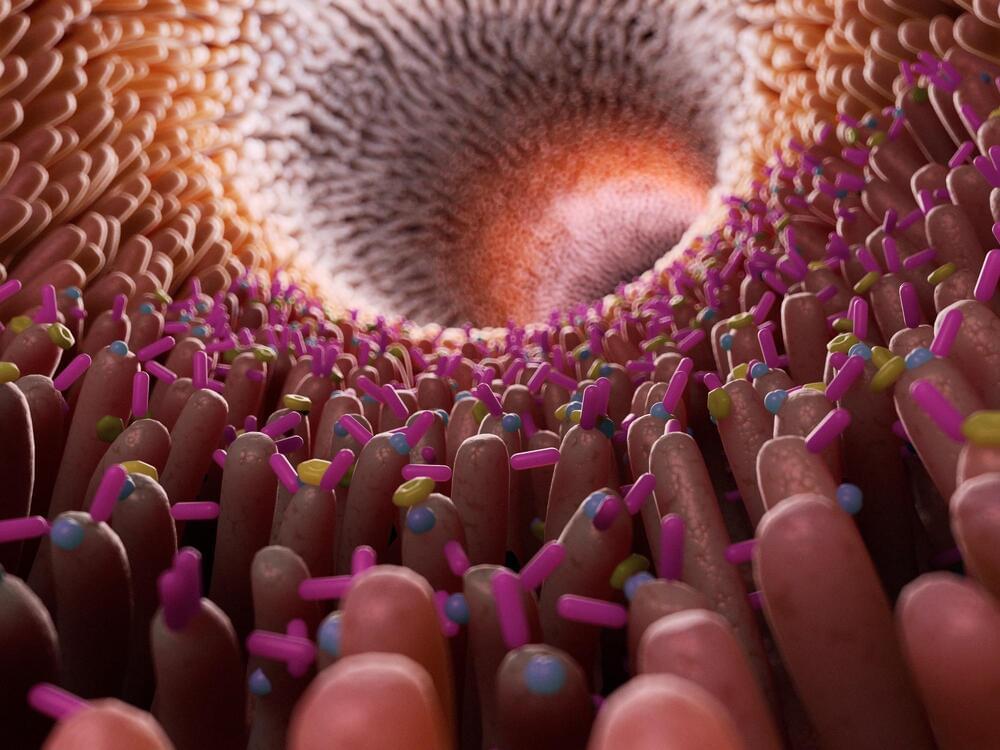
Anyone who needs an unusual mole on their skin checked out may soon get to skip a surgical biopsy, and instead have a virtual biopsy. This tool could be a quick, uninvasive way to identify cancerous cells, as well as reveal any cancerous tissue that might be present and left behind during a surgery. This new tool uses lasers to and generate a three-dimensional reconstruction of cells in a tissue under analysis. Cross-sectional images of that tissue can then be assessed, like slides on a microscope. This work may one day be used not only on skin, but on other parts of the body. The work has been reported in Science Advances.
“We’ve not only created something that can replace the current gold-standard pathology slides for diagnosing many conditions, but we actually improved the resolution of these scans so much that we start to pick up information that would be extremely hard to see otherwise,” said senior study author Adam de la Zerda, PhD, an associate professor of structural biology at Stanford University.
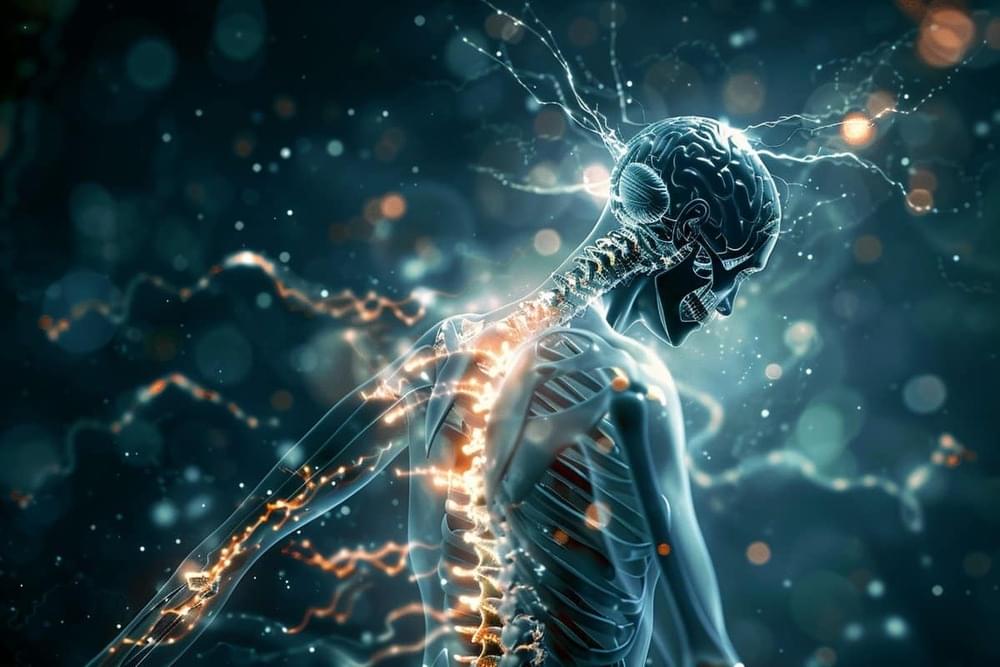
A team of researchers at the Leuven-based Neuro-Electronics Research Flanders (NERF) details how two different neuronal populations enable the spinal cord to adapt and recall learned behavior in a way that is completely independent of the brain.
These remarkable findings, published today in Science, shed new light on how spinal circuits might contribute to mastering and automating movement. The insights could prove relevant in the rehabilitation of people with spinal injuries.
The spinal cord modulates and finetunes our actions and movements by integrating different sources of sensory information, and it can do so without input from the brain.
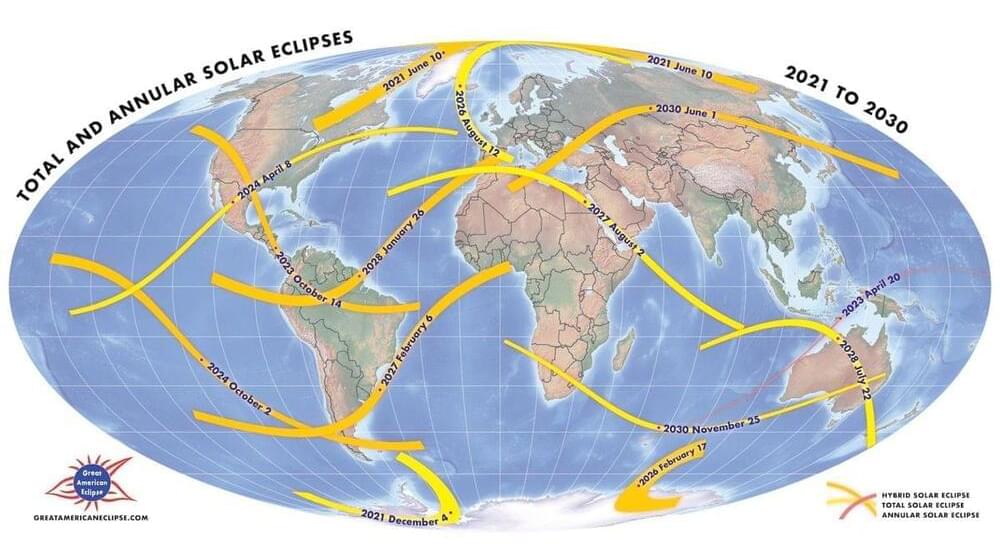
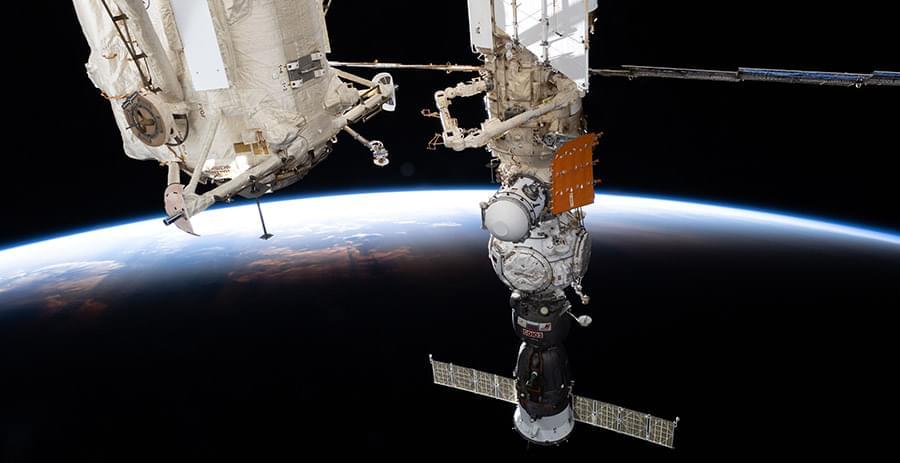
Nanomaterials manufacturing, 3D bioprinting, and astronaut eye health were the main research topics aboard the International Space Station on Friday. The Expedition 71 crew members also continued servicing spacesuits and conducted an emergency drill.
The SpaceX Dragon cargo spacecraft recently delivered to the orbital outpost a biotechnology study to demonstrate the in-space production of nanomaterials that mimic DNA. NASA Flight Engineers Jeanette Epps and Mike Barratt worked on the second portion of that experiment on Thursday mixing then treating the research samples for analysis. Epps began her day mixing solutions in the Life Science Glovebox to create specialized nanomaterials. During the afternoon, Barratt applied sound and light treatments to the samples then stowed them aboard Dragon for analysis back on Earth. Results may lead to advanced therapies for space-caused and Earthbound health conditions.
The duo partnered back together at the end of the day for eye scans using standard medical imaging gear found in an optometrist’s on Earth. Barratt operated the hardware with guidance from doctors on the ground peering into Epp’s eyes and examining her retina and optic nerve for the B Complex eye health investigation.
